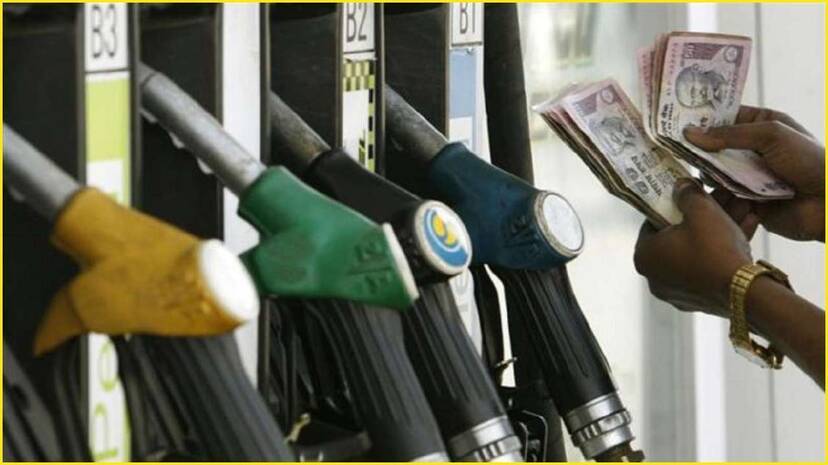

There was an immediate backlash when Prime Minister Narendra Modi yesterday accused the opposition-ruled states of not being prepared for the reduction of the fuel tax even when Centre did so. Everyone knows how expensive all kinds of fuels were in the country are, including the share of oil companies as well as the Centre-state tax rate. When this information is available, why are they trying to blame each other and deceive the public?
The pricing power is left entirely to the oil companies, who now set fuel prices on a daily basis. When a litre of petrol or diesel reaches the consumer, the oil companies get only one-third of the price. The rest is shared between the Centre and the states as taxes. A litre of petrol now costs around Rs 115. Of that, about 30 rupees is state tax and about 28 rupees is central tax. The same applies to price of diesel also.
The Prime Minister blamed the opposition-ruled states, including Kerala, for not being prepared for the reduction in excise duty on fuels by the Centre last November. However, Kerala has not raised fuel tax in the last six years, says Finance minister KN Balagopal. All the six opposition states, including Tamil Nadu, Bengal and Maharashtra, have strongly protested against the PM's remarks.
While the Prime Minister claims that the Centre is ready to reduce taxes to reduce the burden of fuel prices, he is ignoring the fact that fuel prices are skyrocketing every day. The rise in crude oil prices due to the Ukraine war has led to fuel shortages. The current price is more than double what was levied on petrol and diesel when crude crossed $ 140 years ago.
Both the Centre and state should reduce the fuel tax. Fuels are now included in the highest tax slab. Even if taxes are reduced, there will be no leakage of revenue. This is because as prices fall, so does consumption. Central and state governments need to look at how to rationalize fuel taxes and help the people without blaming each other.